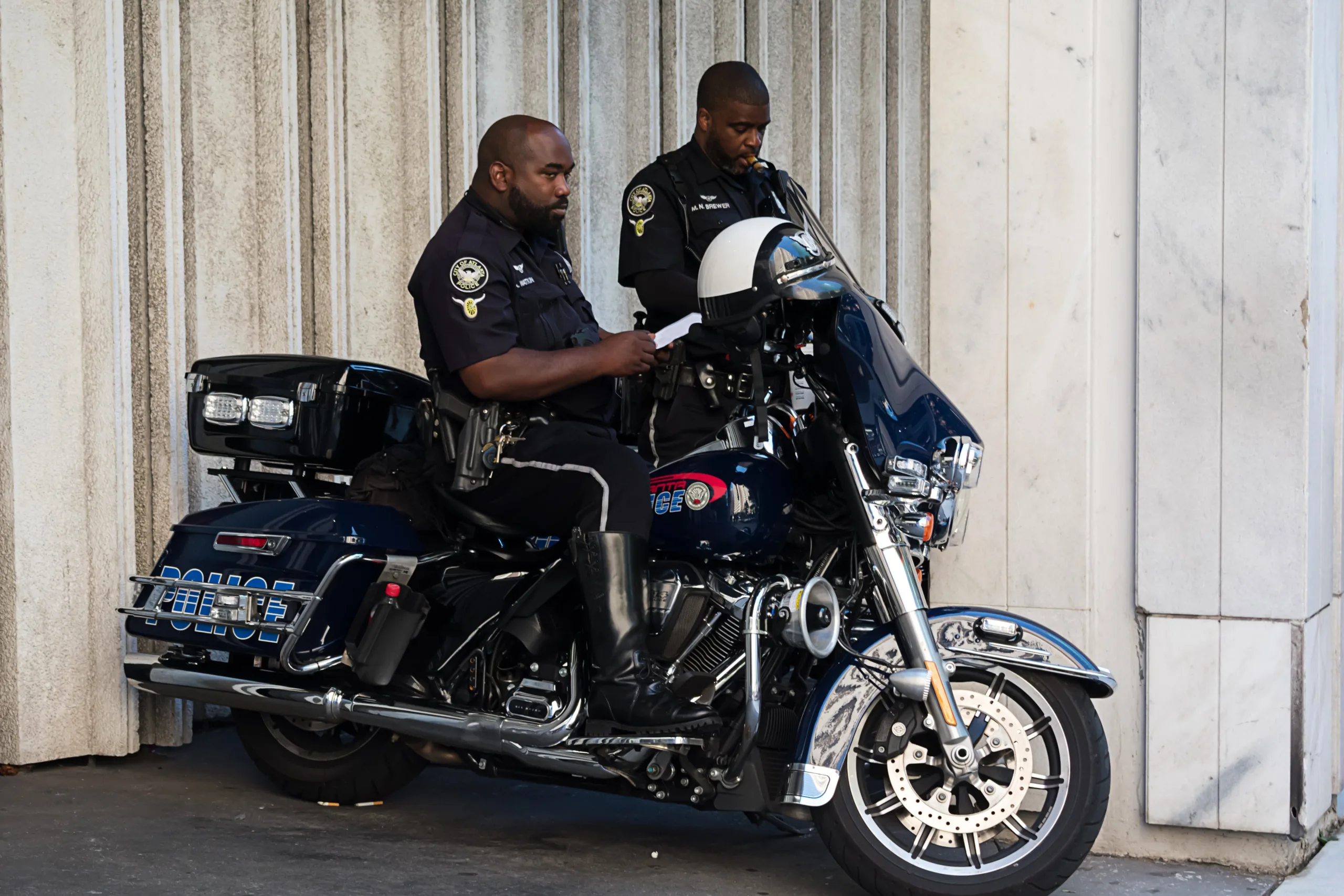In a pivotal development surrounding the tragic case of Tyre Nichols, a 29-year-old Black man who died in Memphis police custody in January, one of the former Memphis police officers accused in his death has taken a significant step towards accountability. Desmond Mills Jr., aged 33, has pleaded guilty to federal charges and reached an agreement to plead guilty to related state charges, marking a substantial milestone in the pursuit of justice.
Desmond Mills Jr. Pleads Guilty to Federal Charges
Desmond Mills Jr., one of the five former Memphis police officers implicated in the death of Tyre Nichols, made a solemn admission of guilt in a courtroom. The 33-year-old officer faced four federal charges, and he entered a guilty plea for two of them. This significant development unfolded under the jurisdiction of the US Attorney’s Office for the Western District of Tennessee.
Full Cooperation and Testimony Against Fellow Officers
Mills’ guilty plea came with an assurance of his full cooperation in ongoing investigations. He has undertaken to testify against his fellow officers, who include Tadarrius Bean, Justin Smith, Emmitt Martin III, and Demetrius Haley. Importantly, these four officers have maintained their innocence by pleading not guilty.
Nichols’ Family Supports the Plea Deal
The family of Tyre Nichols, who endured the tragedy of losing their loved one in a violent encounter with the police, actively supports the plea agreement. This crucial development, as stated by Shelby County District Attorney Steve Mulroy, aims to bring long-overdue justice to the Nichols family while simultaneously shedding light on essential systemic reforms within the Memphis Police Department.
A Violent Encounter and the Ongoing Debate Over Policing
The tragic episode that unfolded on that fateful January day began with a routine traffic stop by members of the Memphis Police’s specialized SCORPION team. Tyre Nichols, the subject of the traffic stop, fled the scene on foot. What followed was an unsettling sequence of events captured on video.
The officers pursued Nichols, ultimately restraining him. Shockingly, they proceeded to punch and kick him repeatedly, despite his restraint. The video evidence exposed this brutal behavior, leaving Nichols slumped against a car for critical minutes.
This incident unleashed a wave of protests and vigils not only in Memphis but also in various major cities across the United States. The incident served as a stark reminder of the ongoing debate surrounding policing practices and the treatment of Black individuals by law enforcement.
Repercussions for Officers’ Violations
Following an internal investigation, the Memphis Police Department identified and subsequently terminated the employment of five officers involved in the traffic stop. Their actions, including an “excessive use of force,” failure to intervene, and neglecting their duty to render aid, constituted serious violations of department policies.
Federal Charges and Life Sentences Loom
In a significant escalation of legal consequences, the officers faced charges at both the state and federal levels. The Tennessee state court charged them with counts of murder, assault, and kidnapping related to Tyre Nichols’ tragic death.
Furthermore, a federal indictment in September accused these officers of four criminal counts, including civil rights violations, conspiracy, and obstruction offenses leading to Nichols’ death. Two of these counts carried the possibility of a life sentence, adding gravity to their legal predicament.
Desmond Mills Jr.’s guilty plea represents a substantial milestone in the pursuit of justice for Tyre Nichols and his family. The ongoing investigations and forthcoming legal proceedings against the other four officers involved will continue to be closely watched by those seeking accountability and reform within the criminal justice system. As the nation grapples with questions of policing and justice, this case serves as a poignant reminder of the need for transparency, accountability, and, above all, compassion in law enforcement.
